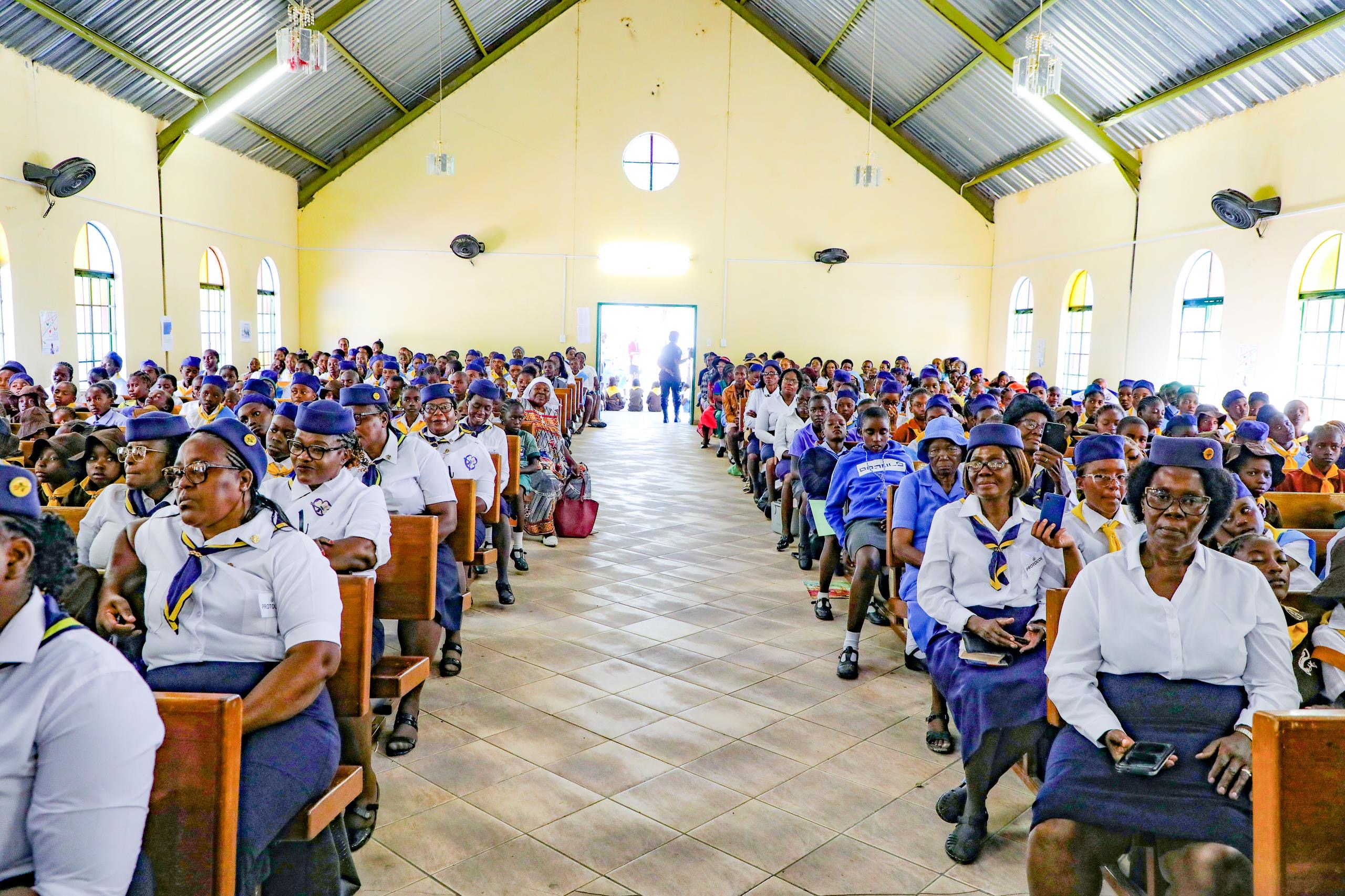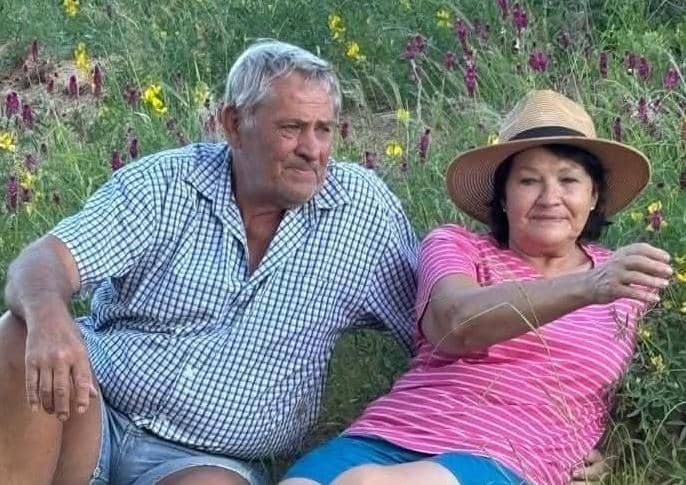THE future of Aletha Nguvauva, the widow of the late Ovambanderu Paramount Chief Munjuku II who died a year ago, hangs in the balance as old traditions might overrule modern civil law.
‘I was reliably informed that the Nguvauva clan was sitting over the weekend to plot the eviction of my mother from the late Chief’s homestead in the Omaheke Region under the pretext of customary provisions,’ her son, Keharanjo Nguvauva, accused his own family on Sunday, calling it a violation of his mother’s human rights.
According to ancient traditions of the Herero and the sub-group of the Ovambanderu, a widow can either be sent back to the homestead of the family she was born into or be given as a wife to the deceased’s nephew or younger brother.
In the latter case this may only be done with her approval. In the first case, the late chief’s widow would have to return to Botswana, where she was born and grew up.
The deeply divided Ovambanderu community is already involved in a leadership struggle for the succession of Chief Munjuku II Nguvauva and one faction had taken the Mbanderu Traditional Authority to court because of differences regarding a new constitution, which was allegedly bulldozed through without sufficient consultation.
The ‘Concerned Group’ under Traditional Councillor Erastus Kahuure won the High Court case, but the group under Kilus Nguvauva, an older son of the late chief and claiming to be the rightful successor, although born from an informal relationship, appealed in the Supreme Court, which ruled in their favour in 2008.
Although the late chief left no will, he allegedly wrote a letter a few years ago, with instructions to open it after his death. He died on January 16 2008. In the letter he apparently wrote that hew wanted his older son Kilus to succeed him. His widow however claimed she never knew of the letter and understood that her own son, 23-year-old Keharanjo, would be the successor.
The Concerned Group supporting Keharanjo went ahead to swiftly install him as the new chief last August, but he is not recognised by Government.
The faction of Keharanjo’s older half-brother Kilus Nguvauva, who is also the Deputy Minister of Fisheries, was advised by Government not to go ahead with his inauguration.
Acting Chief Peter Nguvauva has in the meantime declared a dispute in the matter at the Ministry of Local and Regional Government, as prescribed by the law on traditional leaders. The matter is now in the hands of that Ministry.
In November last year, supporters of Kilus Nguvauva prevented Aletha Nguvauva and Keharanjo from entering the chief’s homestead where she lives, claiming they wanted to hold a tribal meeting there. They had not asked for consent from Kilus, who inherited the homestead and the Holy Fire, which is situated there. The widow called in the Police.
Just before Christmas, the Police instructed Kilus Nguvauva not to go ahead with a large three-day meeting scheduled for December 27 at the Nguvauva homestead and sent a large Police contingent to keep order as his defiant supporters arrived despite Police orders.
This weekend another meeting is planned by the Kilus group.
Stay informed with The Namibian – your source for credible journalism. Get in-depth reporting and opinions for
only N$85 a month. Invest in journalism, invest in democracy –
Subscribe Now!










